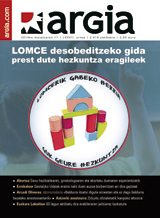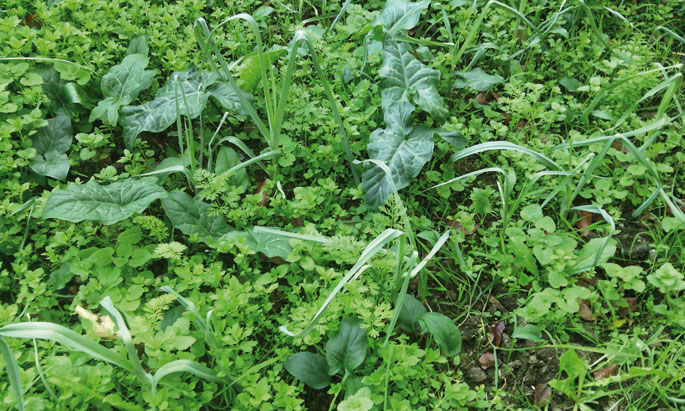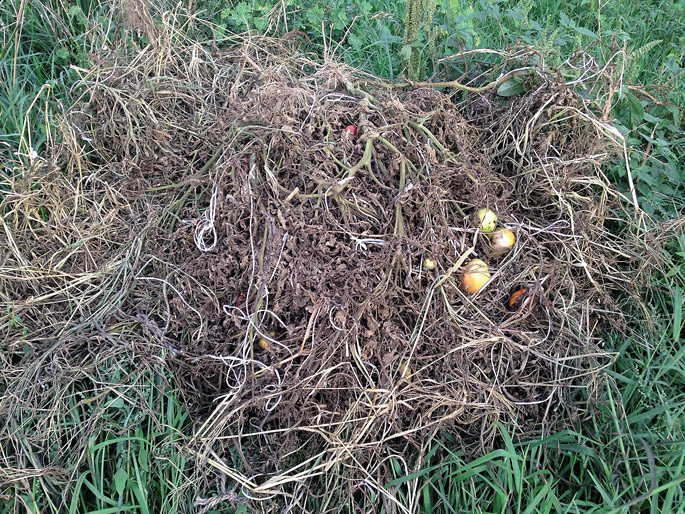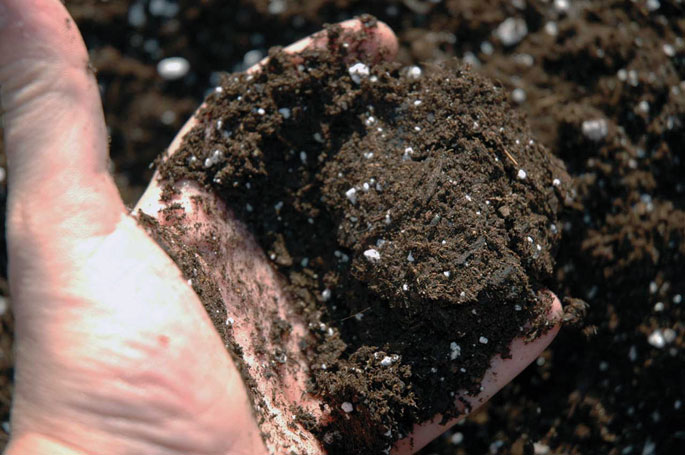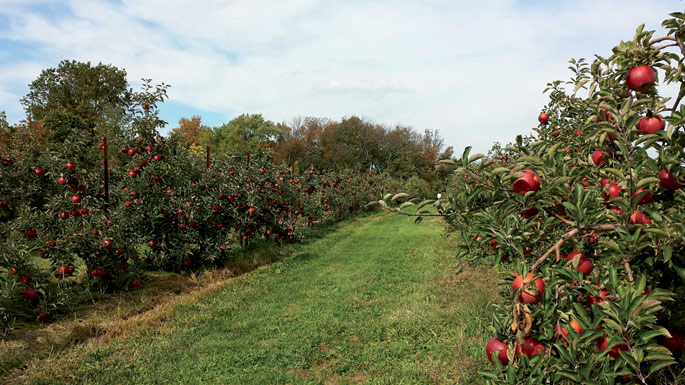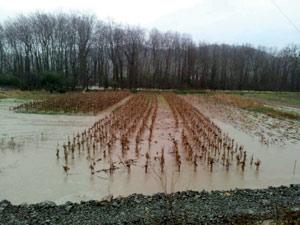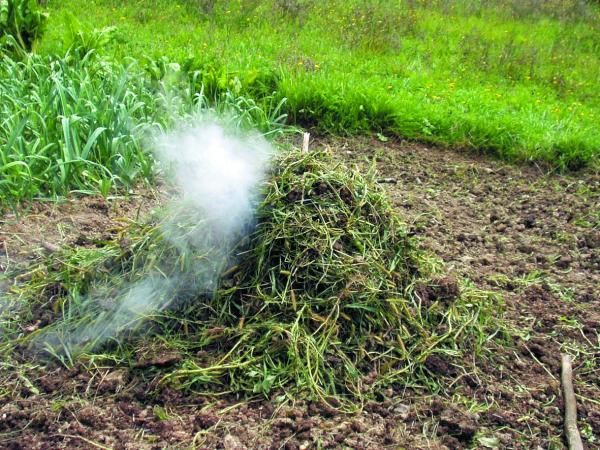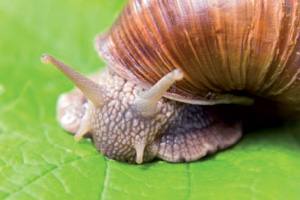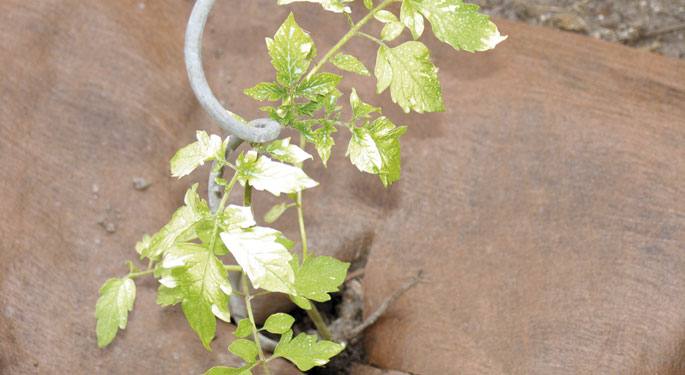Liquid sludge
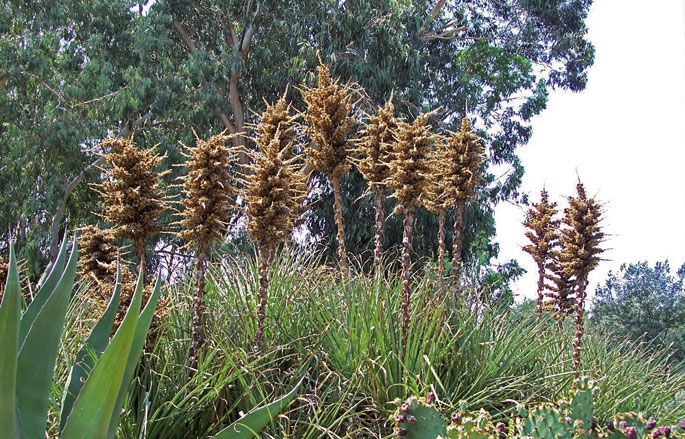
Eat sheep. In the Chilean Andes they call the Puya chilensis plant “eats sheep”. Sheep and birds, chained in their long and sharp thorns, starve to death and, as they rot, fertilize the soil of the plant's feet. Thanks to this fertilizer it will give a flowering that can be developed up to three meters. The pastors of the Andes don't want to see that flower, and they set it on fire. Here's the same thing as our Taxus baccata. A friend who was watching the vegetation in the Aizkorri area told me the other day, amazed: “He has no teeth.” The power of pastors. Emporio Artzain.
In the United Kingdom, which has a sheep of two inhabitants, they did not have peace until they brought the ardicating plant and had it in the Botanical Gardens. The botanical agendas highlight their flowering days: The Tresco Abbey of the Scilly Islands of Garden in 1987, the Portmeirion of Wales derived from its seed in 2008, in Wales itself, in the Llanarthne National Botanical Garden, took eleven years to give its first lethargy and fifteen in the Surrey greenhouse of London. Cara Smith, who takes care of the latter, groaned and groaned for fifteen years, when she saw the blossom pussy, the poor would feel relieved. He was said to be given liquid fertilizer, as his natural diet would lead to serious headaches.
If it were mine, I would give her a liquid fertilizer, but from her diet: burning blood. Thousands of litres of sheep's blood will be poured out each year in the United Kingdom through the drains of the slaughterhouses, and will be directed towards their hair, their skins, their cavities... The funny chaguales would flourish faster, more prosperous, more joyful, more exquisitely, attracting many more spectators and the butcher of caregivers would take care of the sleeping ones. Fish fishing nets are also made with fibres from their leaves and net floats with dried stems. The floaters of the sky, the terrestrial mammals and the aquatic fish, are prey to everything by the chagual. And also our admiration. In Basque Country, we have one sheep for every three inhabitants.
Winter is the time to bring lime to the earth and plants. Karetze is a centuries-old tradition. Calcinate the limestone in the brow, burn it and calcinate it with this lime in fields, orchards, meadows and apples. Also the houses and trees were aground, painting the skin with... [+]
Baratze bazterrean beti behar du hondakinak usteltzeko txoko bat. Zopizartzean, jorratzean, belarrak kentzean edo uzta amaitu delako berea eman duten landareen hondakinak kentzean sortzen den materiala, ondo gauza aberatsa da. Jeneralean bazterrean pilatu eta bertan usteltzen... [+]
The coffee is bitter. I like bitter. Away from the sweet, with salt tip and roasting point. I often dream that a drop of salt would go well. Coffee really! What can dry spine cause a touch coffee to flourish between the last beam of the palate and the pendicular behind the... [+]
The riverside lands along the rivers, rivers and banks are the dream paradise of the peasants of the Atlantic Basque Country. The best lands have been gathered by water for millions of years, works begun in times when neither the Christ nor the people who created the invention... [+]
There have been floods, both in the upper and lower parts. We're on land where the river becomes a river, great riverbanks staring at the Atlantic. The mounting and crushing built to protect these banks from the effects of the inclement of the sea has far outstripped the growing... [+]
It appears in numerous dictionaries. Fire that is made in the field of sowing. Amount of garbage that is burned in the sector. Burning herbs, shrubs and meeses that are made in the fields, and then spreading the ashes down the ground. Burning of waste collected in the field. In... [+]
The soap to wash the insects is very good. Wash, glue, clean it, kill it! One of the most special characteristics of insects is their skin. Its structure is the skin, skeleton. They breathe down the surface. The skin is the protection. And the chitines, candles, etc. protection... [+]
Arratsalde on, Jakoba. Lehenik eta behin, eskerrik asko Argian astero egiten duzun ekarpenarengatik. A ze nolako euskara darabilzun! Eta zenbat ikasten dudan! Gure ingurumen “berdea” beste begi batzuekin ikusten dut irakurtzen zaitudanetik. Eta eremu horretan gure... [+]









